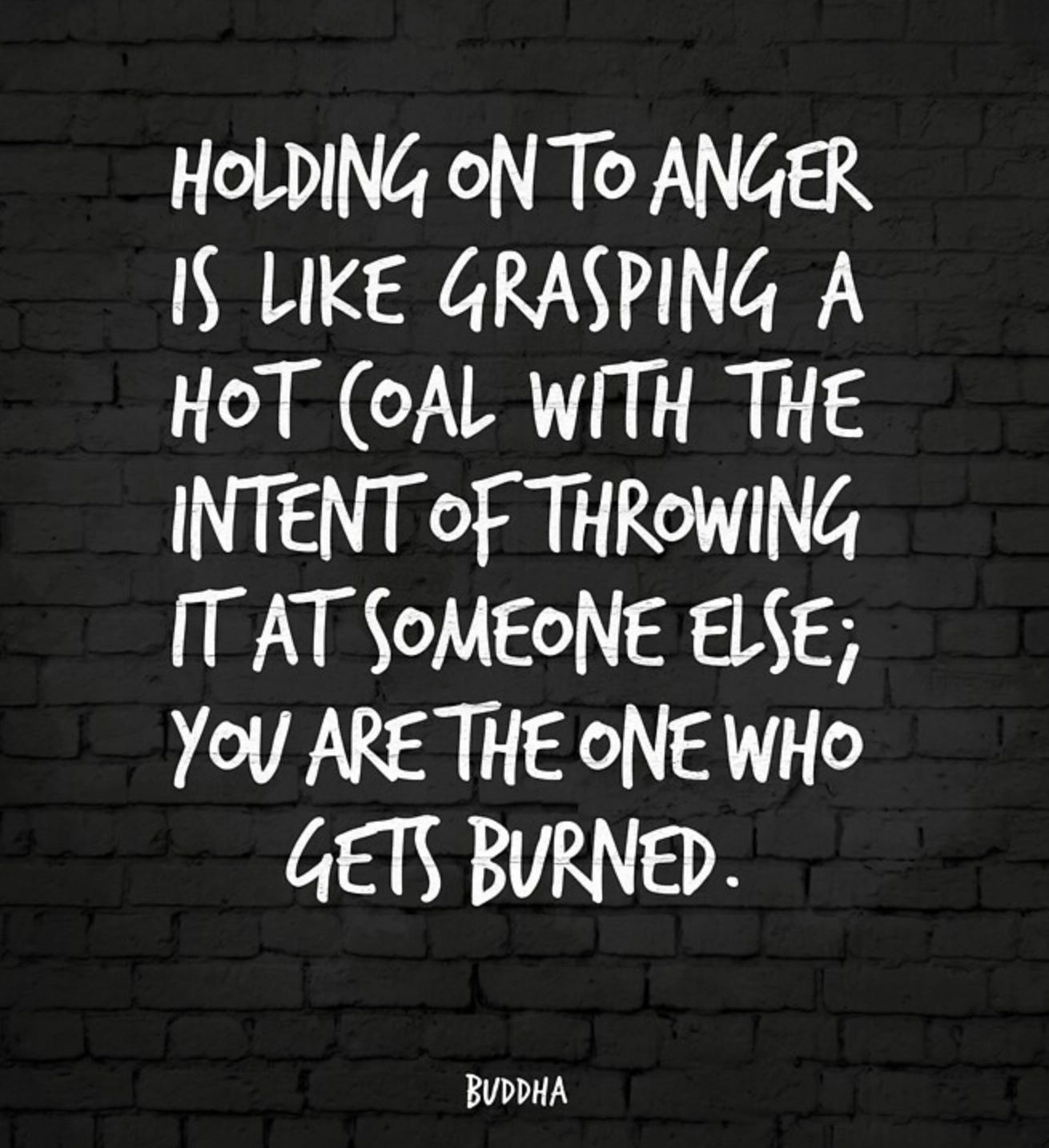The Hagakure #71: Sunday Round-Up
When standards undermine us, dangers of not having difficult conversations, and what true motivation is about.
I have been writing daily on LinkedIn for the last month and a half.
Earlier this week it occurred to me that I had never been able to be this consistent before. And I realized that part of the reason was about lowering my standards.
So I published the first piece you’ll find below as a bit of self-reflection that might be useful to others who trip themselves up in similar ways.
And amidst a lot of positive reactions, someone just had to use that post as a means to criticize and tear down—that people who post daily output a lot of junk, and nothing is to be learned from that. It’s just pollution.
It served to remind me yet again that:
You won’t please everybody, and that’s OK.
Some people just have a bone to pick. Let ‘em.
Arguing with fools makes a fool out of you, too.
Maybe it rattled me a bit also because LinkedIn lately has been almost nothing but positivity. So this one aggression stuck out.
It’s also a good reminder of a profound quote from the Buddha, which I hope you can take with you into the new week.
Here’s what really matters:
The gratitude I feel for the opportunity to share my learnings and questions with those who are interested, who are on the same journey as I am. And for all the great feedback I’ve received, which helps keep me going. Thank you. 🙏
Onwards to this week’s round-up!
Lower your standards in order to raise them.
Counter-intuitive?
Here's what I mean:
Having high standards pushes us to be better. But when we overdo it, or when we set ourselves impossible standards, we fall into the trap of not even trying.
By lowering my standards, I was able to post every single day on LinkedIn over the last 45 days. And that means more than 45 "reps" that have allowed me to:
Improve my writing.
Increase my self-confidence.
Meet a ton of incredible people.
Prove to myself I can be consistent.
Make many new connections inside my brain.
Learn more about what works and what doesn't.
When my standards were "impossibly high", I spent months without publishing a single word, often rationalizing it with mental statements like "what's the point anyway?"
During that time I experienced exactly zero growth.
Be impatient with your actions—and take many more small steps.
Be patient with your results—Rome wasn't built in a day.
The inability to have difficult conversations is one of the biggest company killers.
I think about it this way:
90% of startups fail.
42% fail due to misreading market demand.
29% fail due to running out of money.
23% due to a weak founding team.
19% due to being beat by competition.
All of these stem from an inability for the organization to learn and find/maintain product-market fit, innovate, or simply stay alive long enough to figure things.
And an inability to learn is the state you get into when people don't have the difficult conversations needed to build productive relationships, get to the truth, and execute effectively.
I'll keep saying this: in any complex system, it's the interactions between the parts, not the parts themselves that dictate 95% of the outcomes.
Ignore at your own peril.
You don't want your people to work.
You want your people to want to work.
Big difference. But how?
Enter Self-Determination Theory.
In 1971, Richard Ryan and Edward Deci established SDT which I consider to be an essential framework for any leader, at any level of the organization. It's how you tap into people's 𝘪𝘯𝘵𝘳𝘪𝘯𝘴𝘪𝘤 𝘮𝘰𝘵𝘪𝘷𝘢𝘵𝘪𝘰𝘯:
SDT is based on three fundamental psychological needs:
✊ Autonomy. The desire to feel in control of one's actions and choices.
🛠️ Competence. The desire to feel capable and effective in one's actions.
🔄 Relatedness. The desire for positive social connections and a sense of belonging.
Your job as a leader is to both acknowledge and foster each of these, relentlessly. And there's a lot you can do about it.
I have a long list of "how". But I'm curious—how do YOU do it?
Focus on creating the conditions for people to want to work, and you'll never have to worry about whether they're working or not.
Thanks for reading. If you enjoyed this post, please consider hitting the ❤️ button, subscribing for future issues on your inbox, and sharing it using the button below.
And for upcoming week, I have a challenge for you:
If you’re feeling overwhelmed, try to pay a little bit more attention to your wins than you do to your losses. ⭐️


I feel you. For me that moment was when someone posted a screenshot of my comment, saying "Please don't do any of that", tearing down into me. It really caught me off-guard, as even when someoen doesn't agree with me on LinkedIn, they usually do it respectfully.
But it was a good lesson, to be a little less emotionally attached.